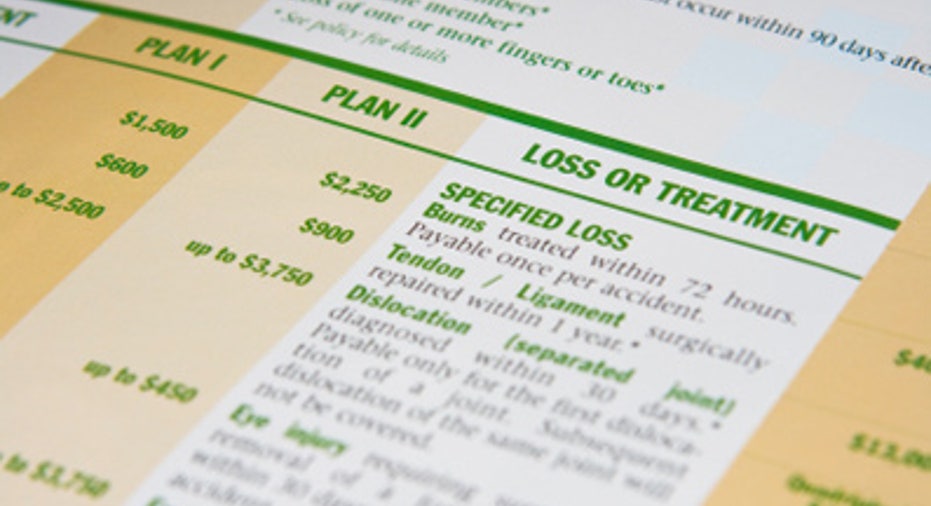Credit Score Drops if Insurer Doesn't Pay

Dear Debt Adviser,I work for the state of Illinois, and they are not paying medical bills of mine from a job-related injury last October. These bills have now gone to collection. The whole mess has shown up on my credit report. The timing couldn't be worse. I am trying to buy a house, but my credit score is low because of these unpaid medical bills. This incident happened on the job, so it is their responsibility to pay. What can I do?-- Carmen
Dear Carmen,It sounds to me as though one of your fellow state employees is asleep on the job. My experience has been that once you receive treatment from a medical provider, you owe the bill. Even if it is covered by insurance, it is ultimately your bill. Don't blame the doctor or the debt collector. They are just doing their jobs. As I see it, you get the choice of blaming one of two people. One is the person who processes your workers' compensation claims. The other is yourself, for not following up.
Your bill has been unpaid for seven months. So I want to use your example to warn others who may be in a similar situation: Don't wait for someone else to do their job. If need be, get proactive with the provider. Explain the delay and come to an arrangement that works for everyone. You can't expect the medical providers to do nothing after waiting seven months for a bill to be paid.
My recommendation is to speak to someone in the human resources, or HR, department at your office. Let them know the trouble you are having getting the bills paid through your employer's insurance. It is hoped that the HR people can get to the bottom of it and get your bills paid quickly.
However, should HR drag its feet -- or worse, the insurer denies the claims -- you will need to take action on your own. If you belong to a union, you may want to ask its help in resolving your problem. You can also try contacting an attorney with experience in workers' compensation cases. A good place to start is the website WorkersCompensation.com.
Until you reach some understanding with your employer or insurer about the payment of your medical bills, your credit will continue to deteriorate. You may even receive a court summons and have your wages garnished if settling this matter takes too long.
But your problem may not end there. Even after your bills get paid, your credit score will not improve immediately because the fact that the accounts went to collection will likely stay on your credit report for the next seven years. However, once the bills have been paid, you can place a 100-word statement on your credit reports explaining your side of the story.
If you really want to purchase a home before this all gets resolved, you may have to pay the medical bills yourself (if you can afford to do so) and then get reimbursed if your bills qualify. Visit an attorney about this before making any payments, though. When shopping for a mortgage, be upfront with the lender about the medical collection accounts. Provide any paperwork that explains the medical treatments were covered under workers' compensation but payment has been delayed.



















